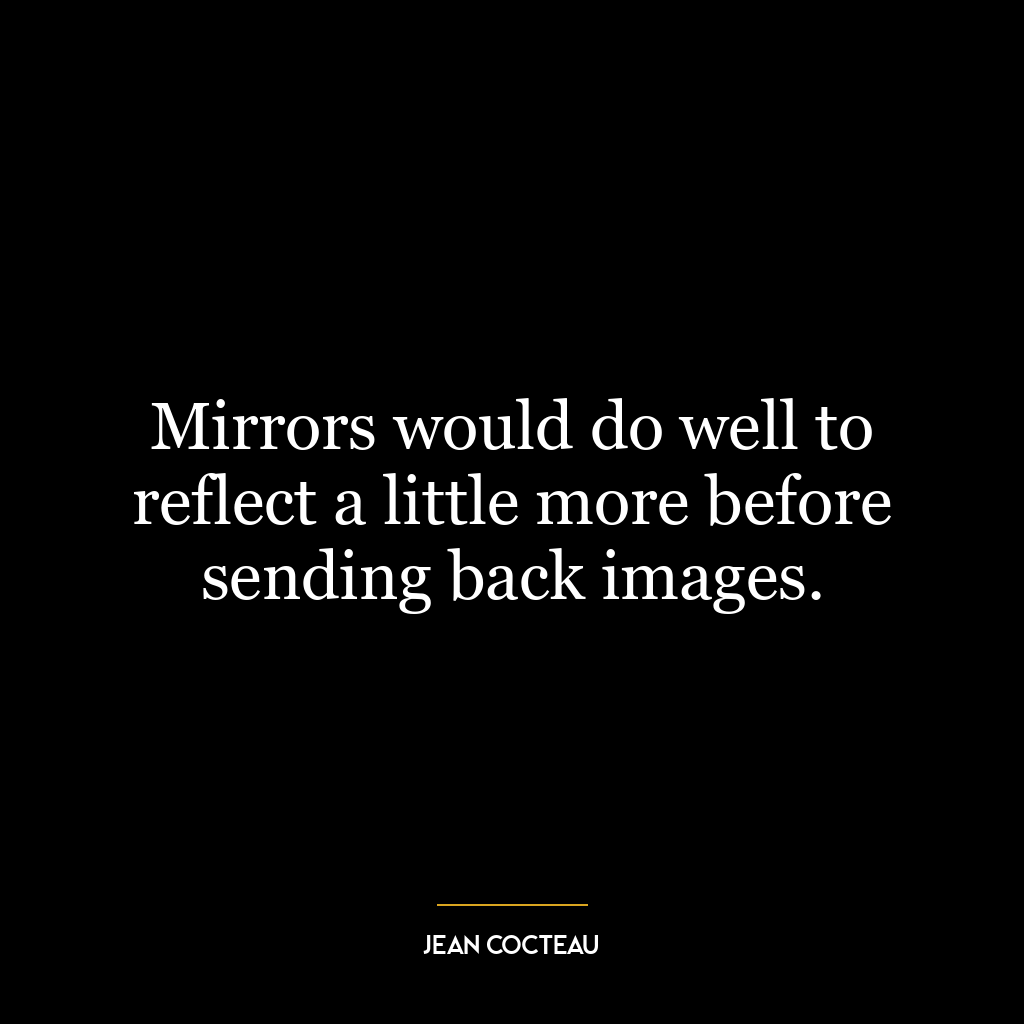“When you look into an abyss, the abyss also looks into you” is a profound statement that delves into the depths of human psychology and existence. At its core, it suggests that when we intensely observe or engage with something, we do not remain detached observers, but are in turn influenced, affected, or changed by it.
The “abyss” Nietzsche refers to can be interpreted in various ways. It could represent the unknown, our fears, our subconscious, or the darker aspects of life and human nature. When we dare to confront these aspects, it’s not a one-way interaction. The abyss, in turn, penetrates us, revealing our vulnerabilities, insecurities, and hidden aspects of our character that we might not have been aware of.
In terms of personal development, this quote can be seen as an encouragement for self-reflection and introspection. It suggests that to truly understand ourselves and grow, we must be willing to face our fears, insecurities, and the parts of ourselves that we might prefer to ignore. This process can be uncomfortable and challenging, but it is also a path to self-discovery and personal growth.
In today’s world, this quote can be applied to various situations. For instance, in the era of information overload and social media, we are constantly “looking into the abyss” of the internet. As we do so, the internet also “looks into us”, influencing our thoughts, behaviors, and perceptions of reality. This could serve as a reminder for us to be mindful of the content we consume and the amount of time we spend online.
Similarly, in the context of global issues like climate change or social inequality, as we delve deeper into understanding these problems (the abyss), we might find ourselves transformed by the knowledge, becoming more empathetic, aware, and driven to act.
In conclusion, Nietzsche’s quote is a powerful reminder of the reciprocal nature of engagement and observation. It prompts us to be mindful of what we engage with and to have the courage to face the abyss, knowing that it’s a path to self-awareness and growth.










